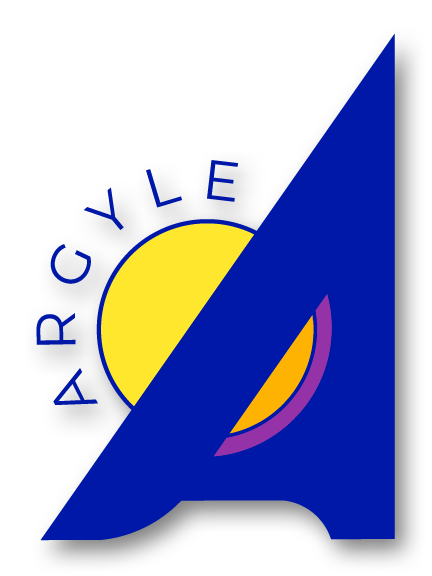Geography
November 3, 2022
Social Studies - Grade 10
Geographic Issues of the 21st Century
Geographic Issues of the 21st Century is a contemporary study of Canadian geography.
This study is presented through concepts and factual information from many disciplines, including geology, physical geography, climatology, anthropology, environmental science, historical geography, urban geography, geomatics, economics, sociology, fine arts, and mathematics.
The course – Theme:
The theme of Geographic Issues of the 21st Century is the framework within which the physical, environmental, economic, social, cultural, and political aspects of Canadian life and international relations are presented. Connections are shown to exist from the level of the local community to the level of the global community. Both positive and negative aspects of geographic connections are examined, giving students a realistic view of conditions throughout Canada and our relations with other countries.
Cluster 1: Geographic Literacy
- Students will review Maps of North America, Canada, and Manitoba. They will look at various types of maps. Skills involved in this cluster include map scales, grids, latitude and longitude, and creating graphs.
Cluster 2: Canadian Natural Resources
- Students will look at Fishing, Mining, Energy, and Forestry. For each resource student will study the problems facing each resource and discuss sustainable yield management strategies for each. Articles and videos are used to further enhance the issues involved in each resource.
Cluster 3: Food From the Land (Agriculture)
- Students will look at the major agricultural regions within Canada. Problems and solutions related to farming will be discussed. As well, an in-depth look at some
of the crops and animals in Canada’s agriculture industry will be studied.
Cluster 4: Industry and Trade
- Students will look at the various levels of industry as well as the various locational factors that influence the location of an industry.
Cluster 5: Urban Places
- Students will look at urban places within our own city and discuss their feelings about each place. They will be working with map routes, landmarks, and so forth.
Students will be looking at Winnipeg as a metropolis, comparing it to another city,
or brainstorming and discussing ways of making improvements to our city.
Evaluation:
Daily work and assignments 70%
Major assignments / projects, tests and quizzes 30%


